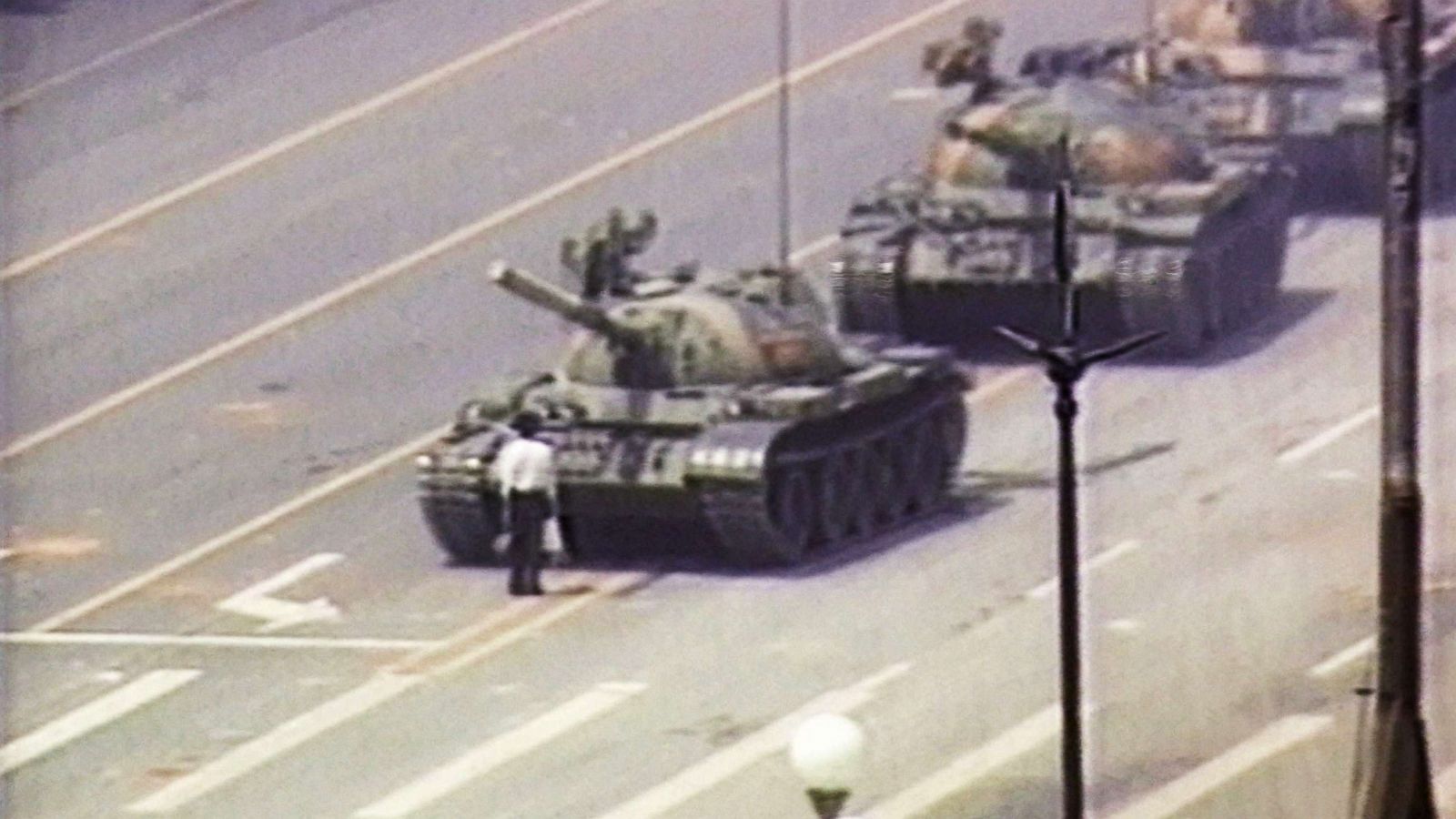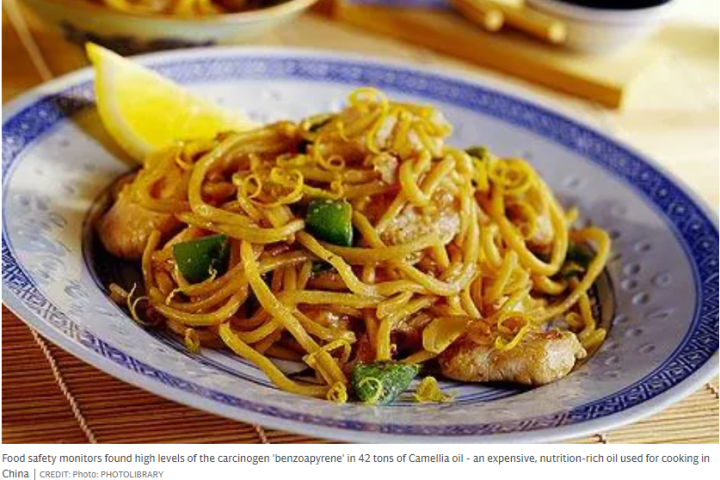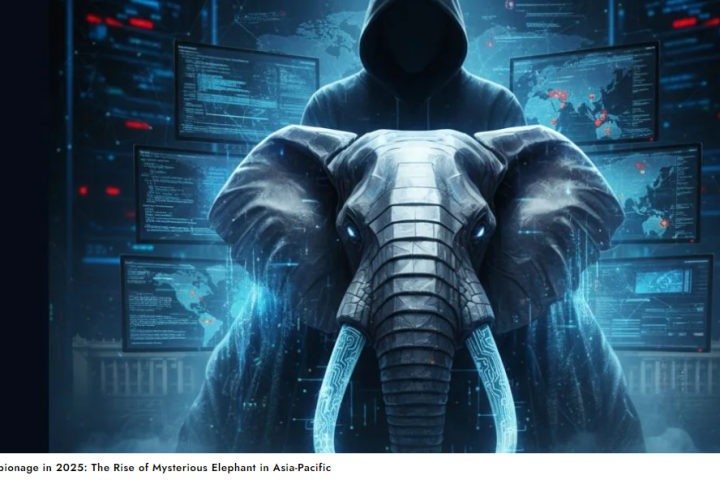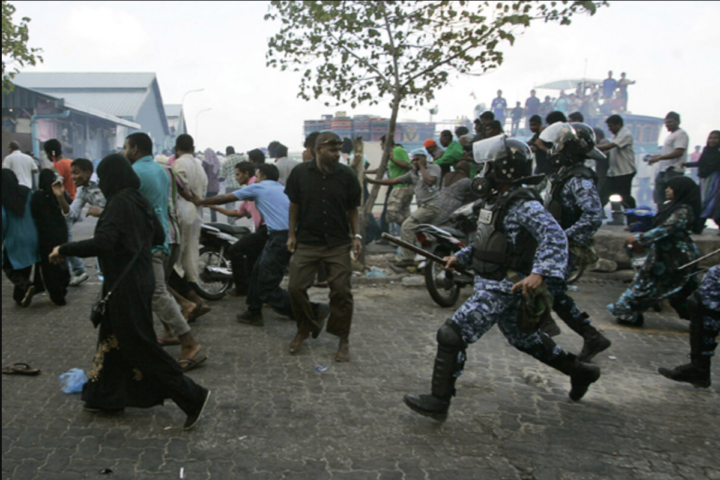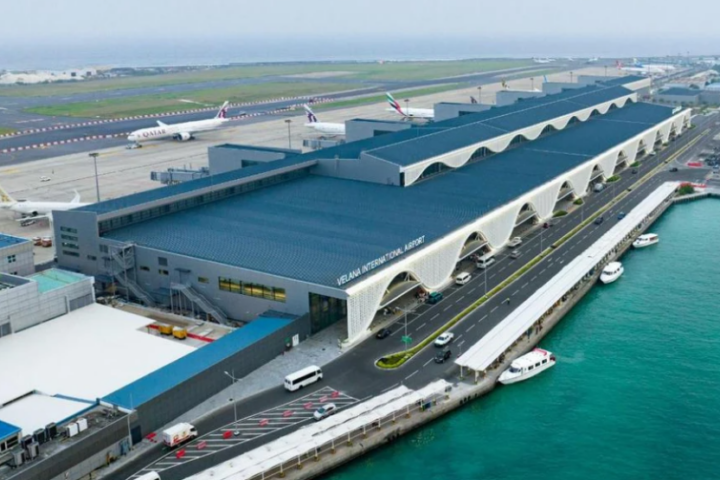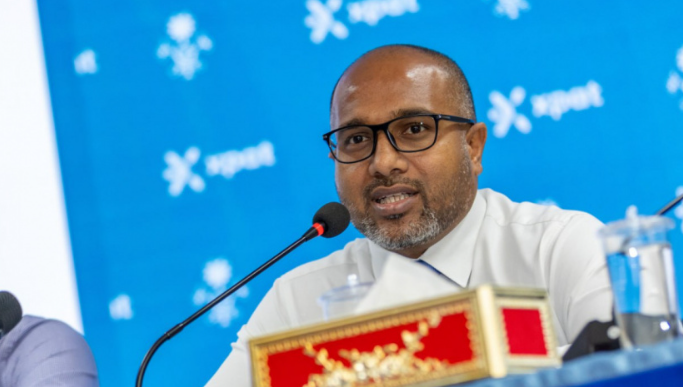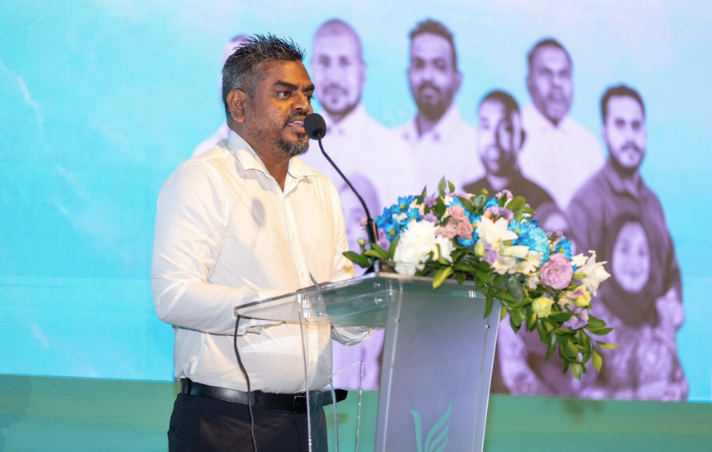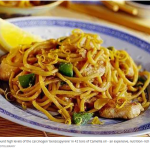On June 4, 1989, a lone figure, known as the Tank Man, stood defiantly before a column of advancing tanks in Beijing’s Tiananmen Square, becoming an enduring symbol of courage and resistance. The day prior, the Chinese Communist Party (CCP) had unleashed a violent crackdown on a peaceful pro-democracy movement led by students, workers, and intellectuals, killing hundreds, possibly thousands, in what became known as the Tiananmen Massacre. As the world marks the anniversary of this tragedy, the image of Tank Man remains a powerful reminder of the human cost of dissent in China.
In 1989, the world watched in horror as tanks rolled into Tiananmen Square, crushing a peaceful pro-democracy movement led by students, workers, and intellectuals. The Chinese Communist Party (CCP) responded to the calls for reform not with dialogue, but with bullets and bloodshed. That moment, known now as the Tiananmen Massacre, left an indelible scar on China’s modern history — a brutal warning to anyone who dared to question the absolute authority of the Party.
At the time, the CCP’s hold on power seemed fragile. The collapse of the Soviet Union and communist regimes across Eastern Europe shook the foundations of authoritarianism globally. In China, the massacre triggered international outrage, sanctions, and diplomatic isolation. Domestically, it sowed deep fear and uncertainty, not only among the public but also within the ruling elite. The legitimacy of Communist rule was under unprecedented scrutiny. In coming days, China followed the policy of economic progress, delivering for the middle class believing as long as the Party could deliver prosperity; it believed it could maintain its monopoly on power.
The strategy worked. China’s GDP soared. Tens of millions were lifted out of poverty. The middle class expanded rapidly. Meanwhile, the West embraced the belief that integrating China into the global economy would inevitably lead to political liberalization — the so-called “trade-to-change” theory. But that belief was misguided. Rather than reforming politically, the CCP became even more entrenched, refining a model of authoritarian capitalism that proved both resilient and adaptable.
Fast forward to today, China under President Xi Jinping has diverged significantly from Deng Xiaoping’s path, becoming far more repressive than it was a decade ago.
Since assuming power in 2013, Xi Jinping has consolidated absolute control, abolishing term limits and asserting the Communist Party’s dominance over all aspects of life, markedly intensifying repression against perceived enemies, including Chinese dissidents and diaspora communities. Surveillance technologies, propaganda, and political campaigns have been deployed with new sophistication.
Experts said that Xi is more committed to deepen Communist Party’s control over China and the diaspora. No opposition to this goal, however small or weak, is tolerated now.
This intolerance is evident across multiple dimensions of Chinese society. Domestically, repression has reached alarming levels. In Xinjiang, over one million Uyghur Muslims have been detained in internment camps, subjected to forced labour, ideological indoctrination, and mass surveillance. Religious freedoms have been curtailed, civil society groups crushed, and independent media erased. The crackdown on Hong Kong — once a beacon of political pluralism within Chinese territory — has shown the world that the CCP will not tolerate even semi-autonomy if it poses a threat to central control.
Abroad, the Party has extended its authoritarian reach, targeting exiled dissidents, journalists, and activists. Chinese embassies, consulates, and even unofficial “police outposts” have been accused of monitoring and intimidating members of the Chinese diaspora. Reports of transnational repression — including forced repatriations and threats to family members back home — have become increasingly common.
What distinguishes Xi’s repression from earlier eras is not just its intensity, but its scale and precision. Through mass data collection, artificial intelligence, and state-of-the-art surveillance systems, the CCP has built what some scholars call the most sophisticated authoritarian state in the world. Unlike the crude violence of 1989, today’s control is quieter, but more brutal — a kind of digital totalitarianism.
Yet, there were signs of resistance. In November 2022, thousands of people took to the streets across China to protest against the government’s strict Covid-19 controls in an unprecedented wave of civil disobedience. They were thought to be the largest protests since the 1989 pro-democracy Tiananmen Square demonstrations when, at its height, a million people are estimated to have gathered.
The white paper protest showed that the desire for freedom still burns in China. Young people, students, and ordinary citizens took to the streets to protest against COVID lockdowns, censorship, and repression, despite the risks. Though quickly suppressed, the movement offered a glimpse of the Chinese people’s enduring yearning for dignity and voice.
Meanwhile, Fu Tong and his wife, Elaine To plan to mark the anniversary of Beijing’s bloody crackdown on protesters in and around Tiananmen Square on June 4, 1989.
The couple was among the first demonstrators in Hong Kong to be charged with rioting in 2020, after pro-democracy and anti-China protests started in 2019.Taiwan is the only part of the Chinese-speaking world where June 4 can be remembered openly, although Chinese communities in the US, the UK, Australia and other Western countries also mark it.
He regretted that Hong Kong can no longer hold the June 4 vigils, and can no longer even mention it adding that Taiwan’s existence becomes very important. In Hong Kong, a national security law has outlawed such events, which previously drew tens of thousands of people. Fu is committed to advocating for Hong Kong’s issues and the values of freedom.
The history reminds us that even the most powerful regimes are vulnerable when they lose legitimacy. And it is high time that the international community stops enabling China’s authoritarianism with silence and trade deals.
